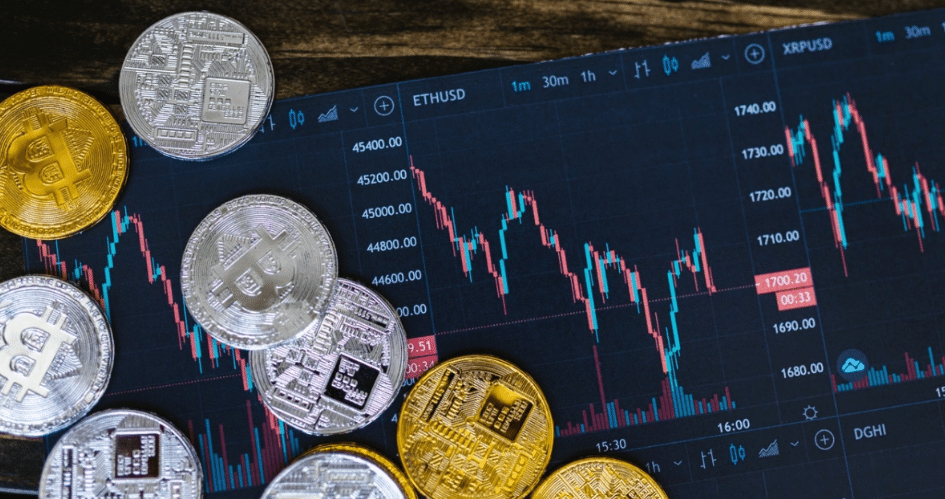In a collaborative report, the International Monetary Fund (IMF) and the Financial Stability Board (FSB) jointly emphasise that crypto assets should not be recognised as official currency or legal tender. They also caution central banks against including crypto assets in their official reserves. This report, part of the ongoing G20 discussions on cryptocurrency regulation, addresses the need for a clear tax treatment of digital currencies and underscores the importance of preserving monetary sovereignty.
The report openly acknowledges the fiscal risks associated with granting legal tender status to crypto assets, highlighting the potential vulnerability of government revenues to fluctuations in exchange rates. Importantly, it emphasizes that crypto assets do not meet the fundamental criteria of a “currency,” lacking the attributes of serving as a unit of account, a means of exchange, and a store of value.
However, the report also acknowledges that imposing a blanket ban on all crypto-asset activities can be both economically costly and technically challenging to enforce. It firmly asserts that the decision to ban cryptocurrencies is far from an “easy option” and emphasizes that temporary restrictions should not replace robust macroeconomic policies.
The report suggests that the most effective approach to limiting the substitution of traditional assets with crypto assets is through the development of effective frameworks and policies. It underscores the pivotal role of credible institutional frameworks and comprehensive regulation and oversight in safeguarding against the macroeconomic and financial risks posed by crypto assets.
Furthermore, the report advocates for comprehensive regulatory and supervisory oversight of crypto assets while encouraging countries to exercise fiscal responsibility by avoiding large deficits and high levels of debt. It also recommends adopting a robust monetary policy framework to discourage the use of crypto assets for payments.
Regarding official crypto asset usage, governments are encouraged to minimize fiscal and operational risks by limiting such usage to prevent the exposure of government revenues to fluctuations in crypto-asset prices. The report stresses the need for coordinated international standards to address the increasing integration of crypto assets into the global financial system, considering the borderless nature of the crypto-asset ecosystem.
The IMF and FSB’s report also highlights the risks associated with money laundering, terrorist financing, and the proliferation of weapons of mass destruction concerning virtual assets. Countries are urged to identify and implement measures to manage and mitigate these risks, including adherence to Financial Action Task Force standards.
The report further raises concerns about pseudonymous crypto assets, which can undermine tax revenue collection and compliance due to challenges in withholding taxes and obtaining third-party information.
Policymakers are advised to take proactive steps to guard against excessive capital flow volatility, potentially by clarifying the legal status of crypto assets. The paper cautions that if measures related to capital flow management become less effective, jurisdictions may need to consider greater exchange rate flexibility, balancing monetary autonomy, exchange rate stability, and financial openness.
The IMF-FSB report concludes by emphasizing the potential systemic risks, highlighting how the failure of a market player in the crypto-asset space could quickly transmit shocks to other parts of the financial system, particularly if interconnections between crypto-asset activities and traditional finance intensify.
Emerging markets and developing economies are identified as particularly susceptible to amplified macro-financial risks from crypto assets due to their less developed tax frameworks, large unbanked populations, and higher cross-border transaction costs. As part of their strategic plan, the IMF, FSB, and other international organisations are actively working towards enhancing institutional capacity beyond G20 jurisdictions, promoting global coordination, cooperation, and information sharing, and addressing data gaps essential for understanding the rapidly evolving crypto-asset ecosystem.
Disclaimer: This article is for informational purposes only and should not be considered as financial, legal, or regulatory advice. Readers are strongly encouraged to seek professional guidance and stay informed about the evolving landscape of crypto assets and related regulations.
Make a one-time donation
Make a monthly donation
Make a yearly donation
Choose an amount
Or enter a custom amount
Your contribution is appreciated.
Your contribution is appreciated.
Your contribution is appreciated.
DonateDonate monthlyDonate yearly







